01 Jan 1954
Oravská priehrada
No overview found
In the 70s, a dam and a hydroelectric plant were built in Sobradinho. The government at the time, which was commanded by the military regime, thought that that small town, in the northeast hinterland, would be ideal for the construction, because there would be no resistance from the locals. So, 73.000 people were displaced - it is one of the biggest forced migrations in the history of Brazil. Four cities and dozens of villages submerged. Mrs. Pequenita was the only inhabitant to ever return; there, she lives in a ghost town. She receives the visit of three social agents, who own old videos and photos of the region.
Self
Self
Self
Self
01 Jan 1954
No overview found

09 Sep 2006

MANUFACTURED LANDSCAPES is the striking new documentary on the world and work of renowned artist Edward Burtynsky. Internationally acclaimed for his large-scale photographs of “manufactured landscapes”—quarries, recycling yards, factories, mines and dams—Burtynsky creates stunningly beautiful art from civilization’s materials and debris.
01 Jan 1953
No overview found
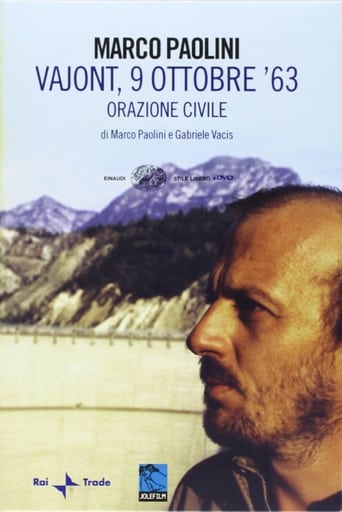
09 Oct 1997

No overview found
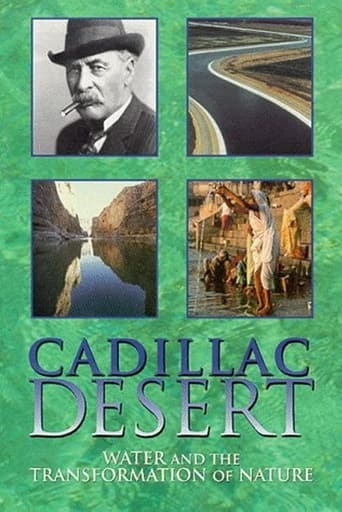
24 Jun 1997

Documentary on water usage, money, politics, the transformation of nature, and the growth of the American west, shown on PBS as a four-part miniseries.
01 Jan 1998
Explores the plans for the construction of the monumental dam on China's Yangtze River, the structure that when completed in 2009 will become the Three Gorges Dam. It is slated to be 610 feet high, 1.3 miles across, creating a reservoir 400 miles and the largest power plant in the world.
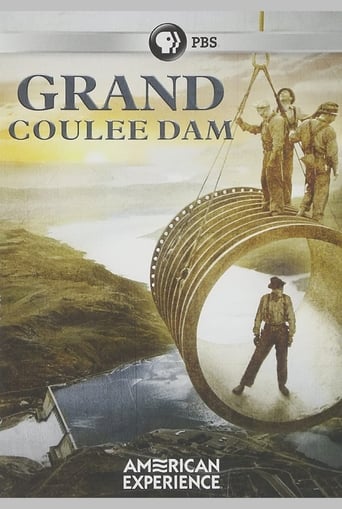
18 Apr 2017

During the darkest days of the Depression when construction was started on Grand Coulee Dam, everything about it was described in superlatives. It would be the "Biggest Thing on Earth," the salvation of the common man, a dam and irrigation project that would make the desert bloom, a source of cheap power that would boost an entire region of the country. Of the many public works projects of the New Deal, Grand Coulee Dam loomed largest in America's imagination, promising to fulfill President Franklin Roosevelt's vision for a "planned promised land" where hard-working farm families would finally be free from the drought and dislocation caused by the elements.
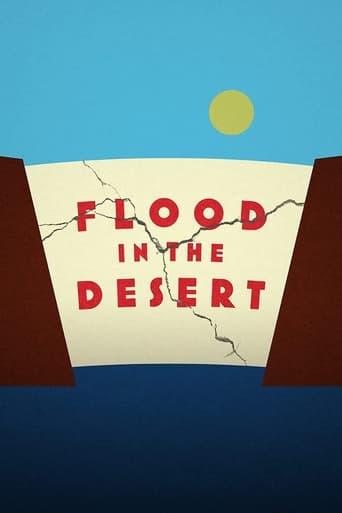
03 May 2022

Explore the 1928 collapse of the St. Francis Dam, the second deadliest disaster in California history. A colossal engineering and human failure, the dam was built by William Mulholland, a self-taught engineer who ensured the growth of Los Angeles by bringing the city water via aqueduct. The catastrophe killed more than 400 people and destroyed millions of dollars of property.
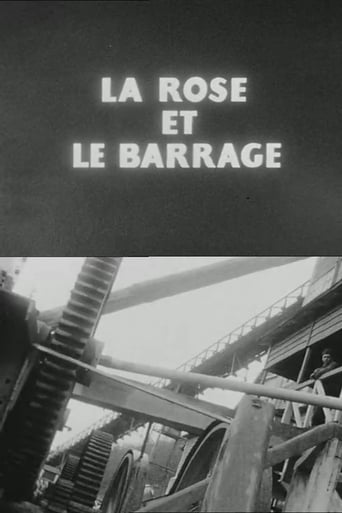
01 Jan 1963

A parallel montage of the construction of a dam in Galicia and the architecture of a small Roman-style church.

06 Aug 2025

"Was it the President who ordered the rivers to be six meters deep?" In 2008, under President Lee Myung-bak's administration, South Korea's Four Major Rivers Restoration Project turned the country's beautiful rivers into scenes of devastation. What were once pristine first-grade waters became lifeless rivers, choked with toxic green algae emitting foul odors. Crops irrigated with this contaminated water are now served on the table of Korean people. The government disguised a grand canal project as river restoration, and the media turned a blind eye — together enabling one of the greatest environmental destructions in Korean history. The consequences of this deception will be borne by future generations. To ensure that future generations can once again run freely along the rivers, we must act—now. We must make Korea's rivers flow again.
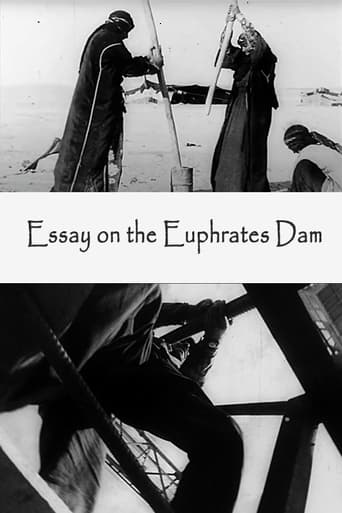
01 Jan 1970

The construction of a dam on the Euphrates River is an example of a country’s economic development. Through grandly composed images, rhythmic editing, and aestheticized details, the director demonstrates his admiration for the interwar avant-garde. The film is a celebration of the new, while at the same time showing a traditional way of life and calling attention to working conditions; it is a refrain-like evocation of an arid country that explores the difficult lot of Syria’s rural inhabitants.
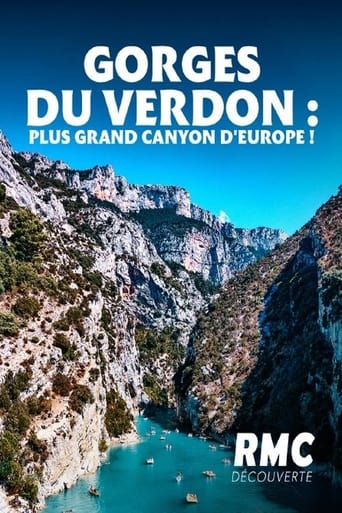
29 Aug 2022

No overview found
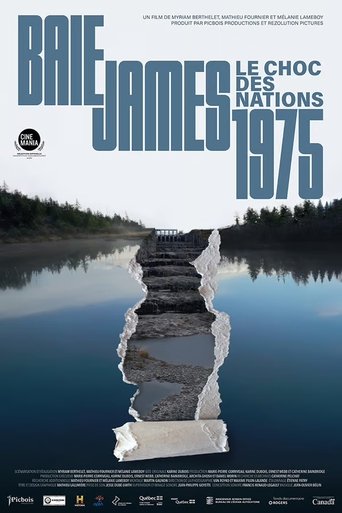
14 Nov 2025

A dive into the origins of two revolutions: the rapid expansion of Hydro-Québec with the construction of the La Grande hydroelectric power plant, a project championed by Premier Robert Bourassa, and the awakening of Indigenous nations. A clash of civilizations where two worldviews collide. Quebec, buoyed by the momentum of the Quiet Revolution, takes control of its destiny. Meanwhile, in the North, young Inuit and Cree rise up for the first time to protect what is most precious to them: their land and their culture. At the heart of the conflict is the James Bay construction site, the largest of its kind in North America.

25 Jun 2011

Documentary short about the disastrous dangers of aging, ailing dams.
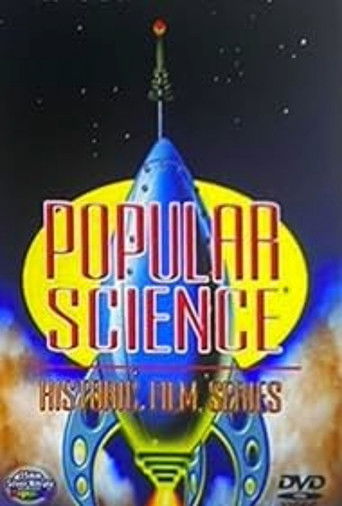
31 May 1935

Considers marvels of modern science: contact lenses, kitchen gadgets, bubble bath (with cheesecake), diatoms, Boulder Dam.
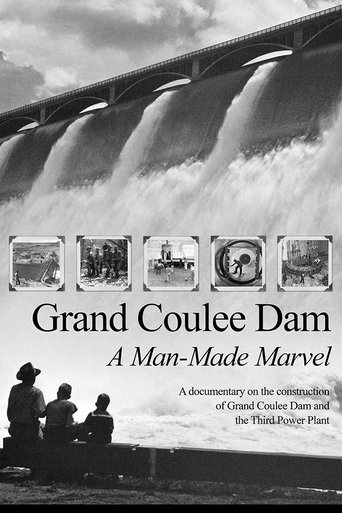
25 Apr 2014

Historic construction footage, photos, and newsreels help illustrate Grand Coulee Dam's construction, engineering challenges, and regional impact including power and irrigation. Produced by the Bureau of Reclamation and shown at the dam's Visitor Center.

02 Oct 2020

This video focuses on Dumagat activists, Nanay Nene, Tatay Lope, and Chieftain Rodrigo and their continuous struggle to organize resistance against a Chinese-funded mega dam in Quezon. The Kaliwa Dam Project will displace numerous Dumagat and non-Dumagat families living near the dam site— yet another example of development aggression.
Documentary about the Delta Works in Zealand.
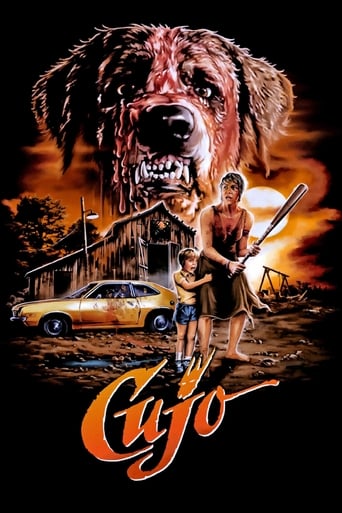
10 Aug 1983

A friendly St. Bernard named "Cujo" contracts rabies and conducts a reign of terror on a small American town.

15 Jun 1950

Bad weather, farmers who do not allow the dumping of their estate, and people who are willing to sabotage for ideological reasons, disrupt the building of hydro-power on the Neretva river. Upon completion of construction, the benefits of electricity assures people of the necessity of progress.